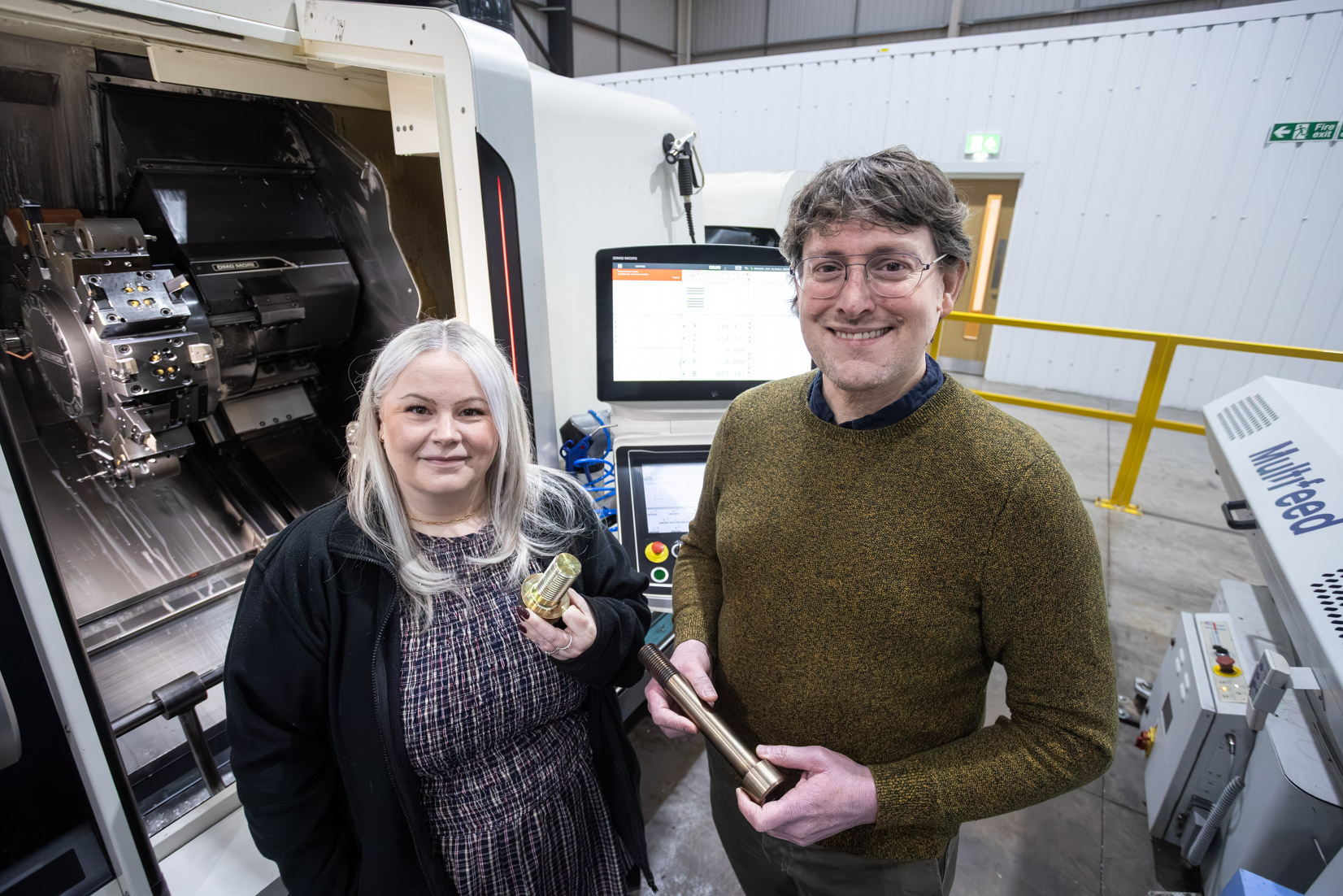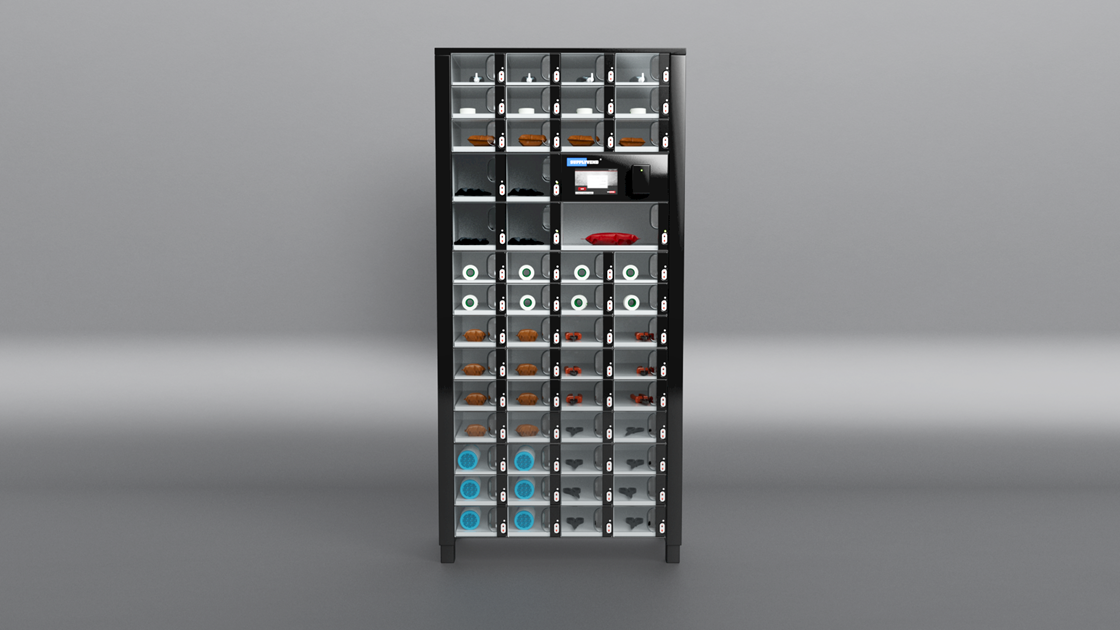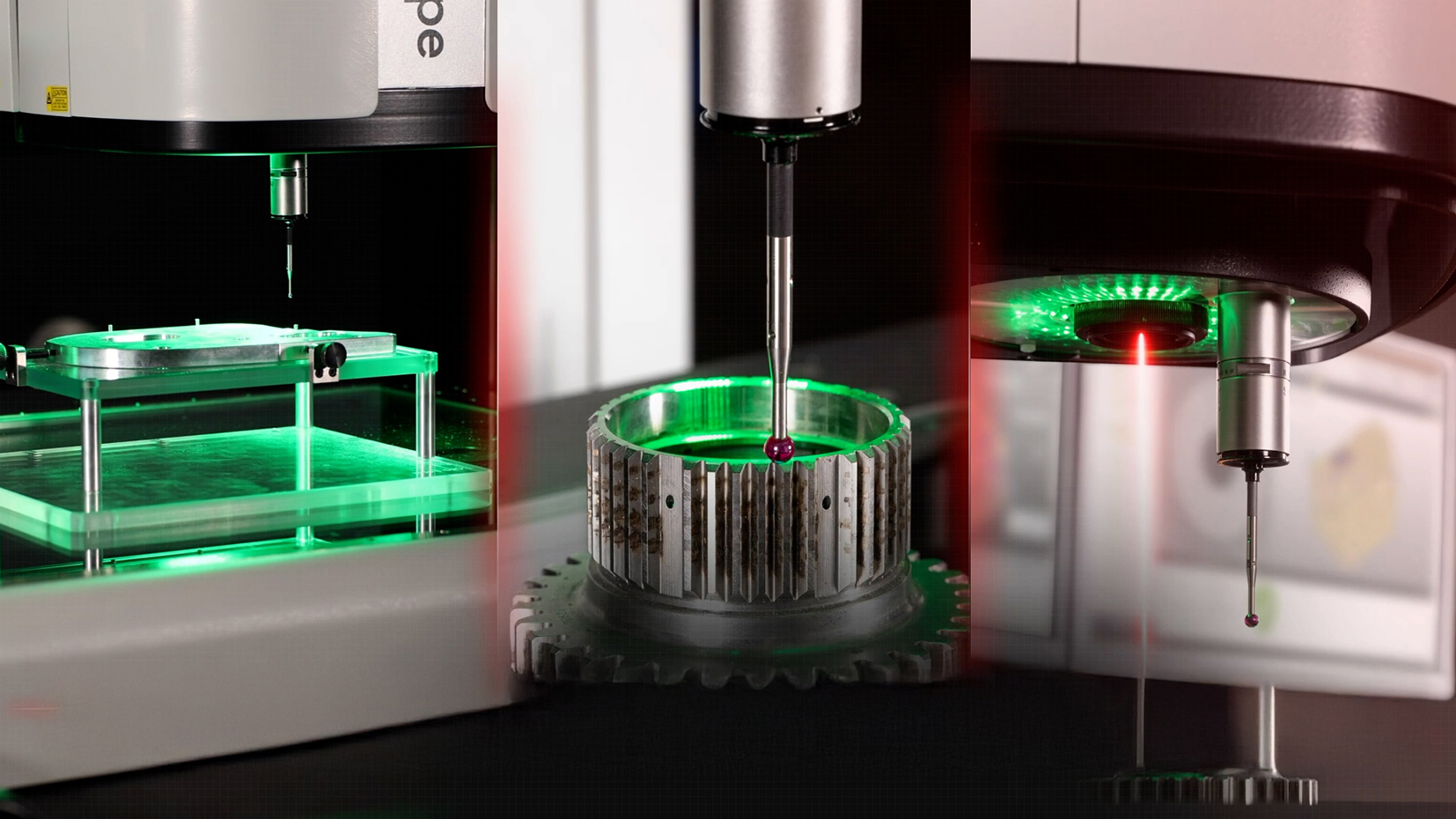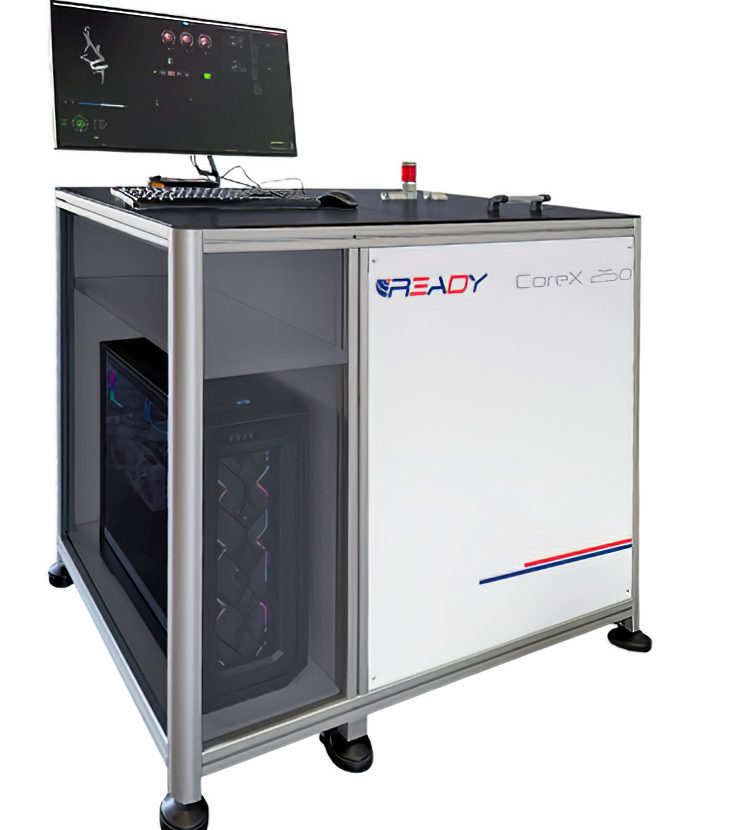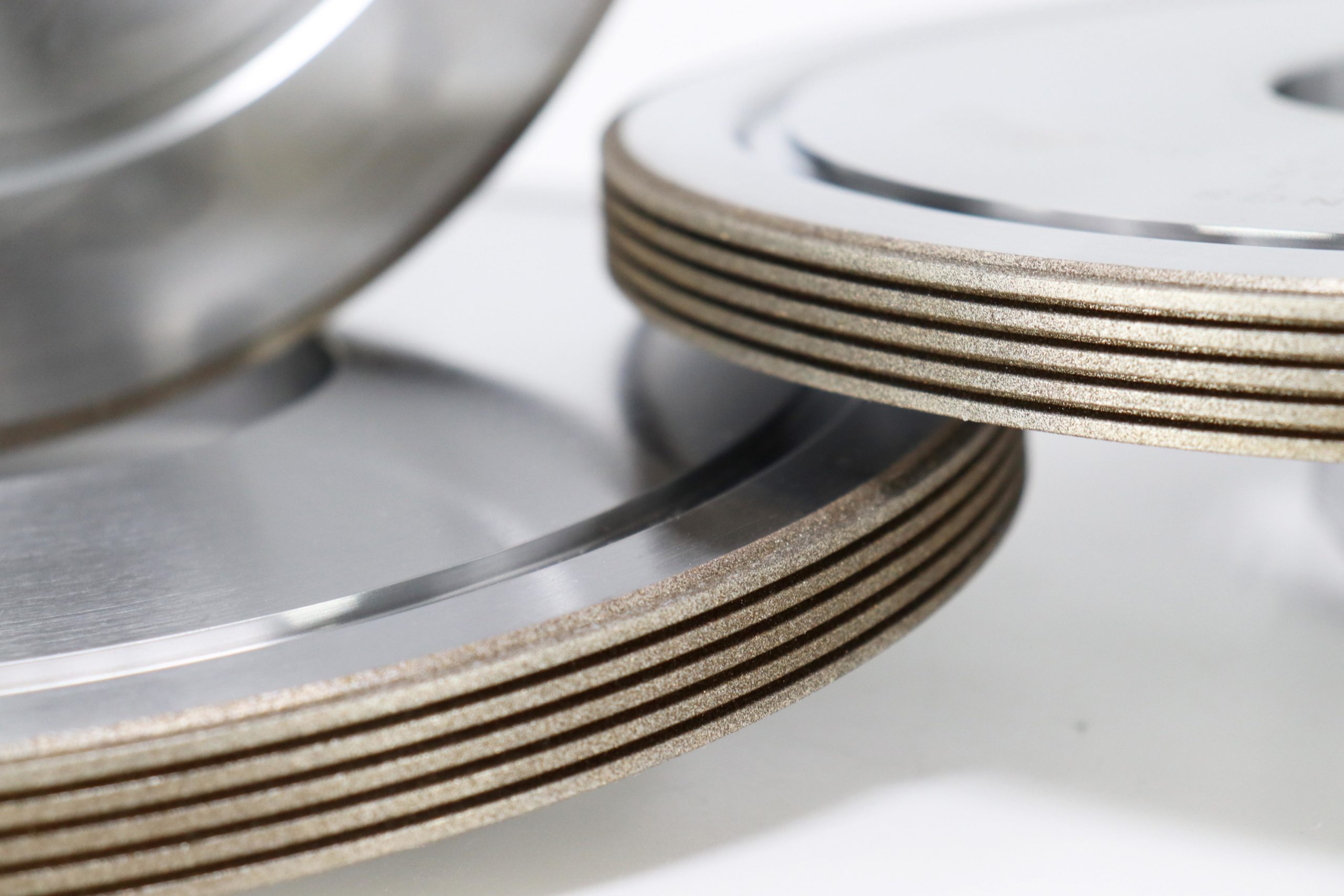Helping shape the future: Ceetak and WMG, University of Warwick partner on pioneering smart battery cell manufacturing research.
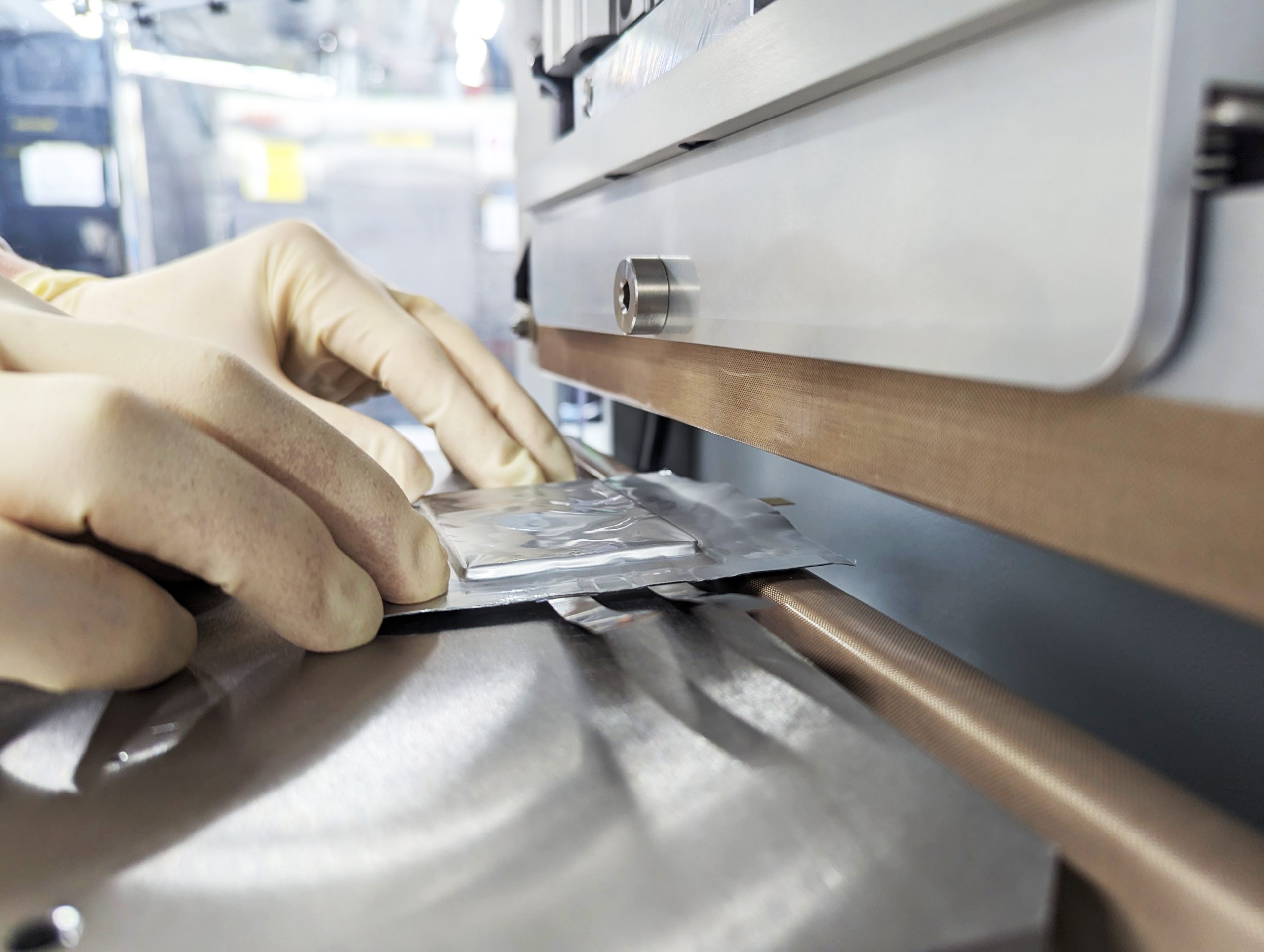
Established in 1980, WMG, University of Warwick is a leading research, education and business department of the University of Warwick and houses the Energy Innovation Centre (EIC), a national facility for battery research.
WMG is an international role model for successful collaboration between academia and the public and private sectors, driving innovation in science, technology, and engineering.
Collaboration with leading UK based manufacturer
Ceetak Heat Sealing Solutions was delighted to be approached by WMG to assist in the design and manufacture of a bespoke battery sealing unit as part of their on-going research to support electrification in many industries, especially the automotive and aerospace sectors. The research supports innovation and growth in technologies for energy storage and energy machines, drives and systems.
The Ceetak sealing unit will be used by the Cell Instrumentation Team as part of WMG’s wider research on batteries across the whole R&D process, including materials and electrochemistry, through to application integration and recycling / re-purposing. The heat-sealing machine produced by Ceetak is to be used for trials in a laboratory environment in relation to constructing smart pouch battery cell instrumentation leading to the development of affordable, higher energy density and safer batteries.
Past success stories born out of WMG include understanding battery ageing and performance over time, battery safety through regulations and standards, and battery tech for hybrid buses. The findings of these projects are used by businesses to help drive the industry forward.
The engineering brief
The brief was a unit to be a self-contained, adaptable, free-standing and a manually operated battery sealing machine. The pouch material to be sealed is a foil laminate: CPP/Al Foil material which has an approximate thickness of 120-µm, with a total thickness as two ply of 240-µm. This is in combination with being able to form a seal around embedded instrumentation, such as fibreoptics and flexible PCB sensor components.
Additionally, as safety is paramount to both the customer and Ceetak, the requirement was for the heating bars to be enclosed within an interlocking cabinet and all electrical controls to be contained within an integral enclosure.
The technology
The Ceetak team identified that an ImPulse Heat Sealing (IPH) system would be suitable for this project because it offers a compliant weld face compared to the solid metal sealing tools often traditionally used.
IPH also promotes hermetic leak-proof seals both around, and over variations in material thickness. The Cell Instrumentation Team embed various types of sensors in their smart cells (temperature, pressure, current etc.), requiring electrical connections to pass through the pouch seal. These variants within the material (such as electrical tabs and sensor wires) need to be carefully heat-sealed over, without damage to these components. IPH technology achieves this critical requirement due to the rubber sealing bar, which compresses and undulates with the material being sealed.
With its precise temperature control and accurate heat-seal force adjustment (with a digital gauge showing pressure display), IPH is suitable for many materials including polyethylene, and biodegradable and compostable films. Additionally, the user can control if heat is to be applied from one or both sides of the material, allowing for even more versatility of this technology.
The result is a user-friendly and adaptable sealing unit with a vital role to ensure the battery pouch has perfect seal integrity.
Full design, manufacture, and testing process
Ceetak Heat Sealing Solutions’ experienced in-house team offer a full bespoke consultancy service incorporating design, materials, technology, and equipment build.
Before projects are signed off, the customer is invited to take part in an ‘FAT’ – Factory Acceptance Trial. Dr Timothy Vincent, Assistant Professor in the Cell Instrumentation Team, WMG, attended the FAT on this project. He was shown the seal capabilities using a dye test which demonstrated no fluid leakage through the seals produced by the IPH technology.
After FAT approval, the machine was transported to the EIC and Dr Vincent commented, “We have been delighted to work with Ceetak on this project as we continue to innovate our cell manufacturing and instrumentation techniques. The new sealing process developed with Ceetak allows the reliable and repeatable placement of miniature sensors within our pouch cell manufacturing line. We had been conducting many trials to adapt our processes to overcome the variation in material thickness in the seal area when embedding our sensors, however the results were inconsistent. Initial trials in Ceetak’s test lab showed instant improvements in seal quality and consistency”.
Ceetak Heat Sealing Solutions supplies heat-sealing technologies for the sealing and cutting of all thermoplastic materials, foil laminates and other biomaterials including plastics, card, and paper. The company produces both modular heat-sealing components to be retrofitted onto existing customer machinery or alternatively, a complete design and build service of bespoke machinery.


